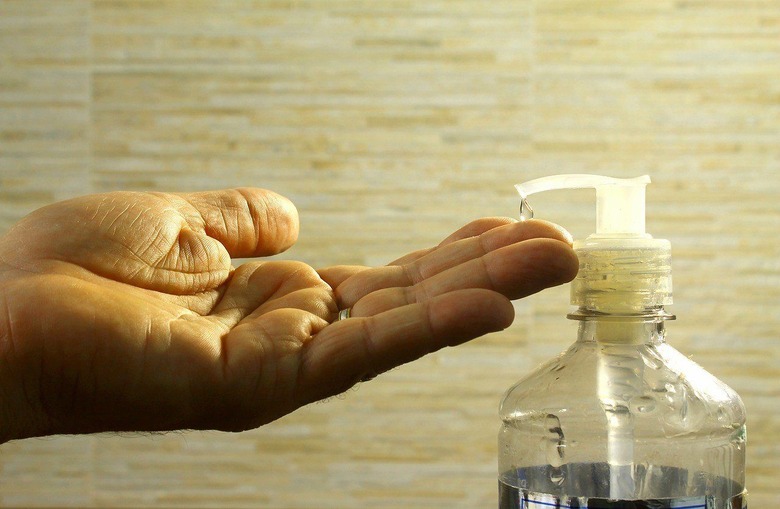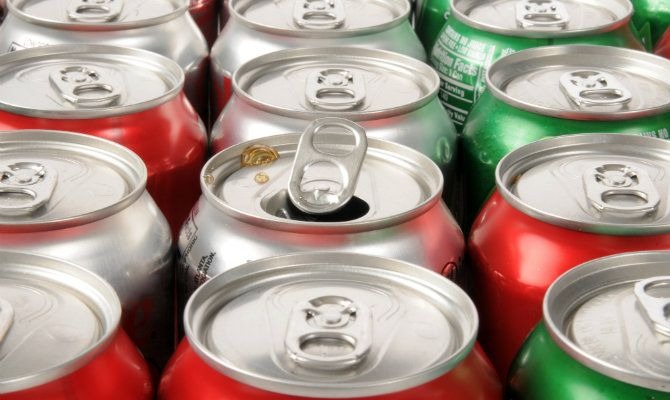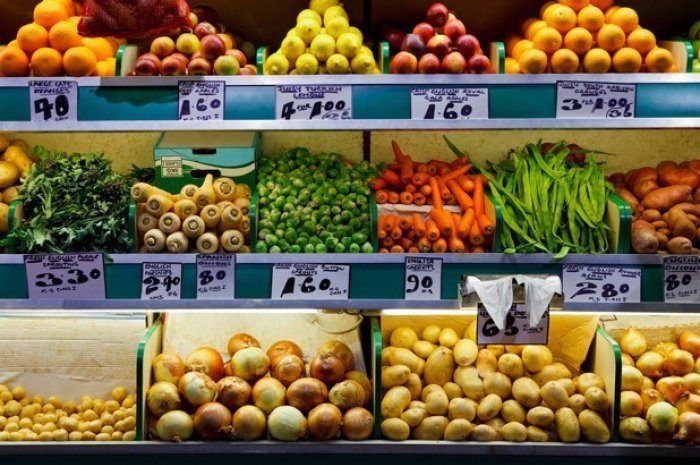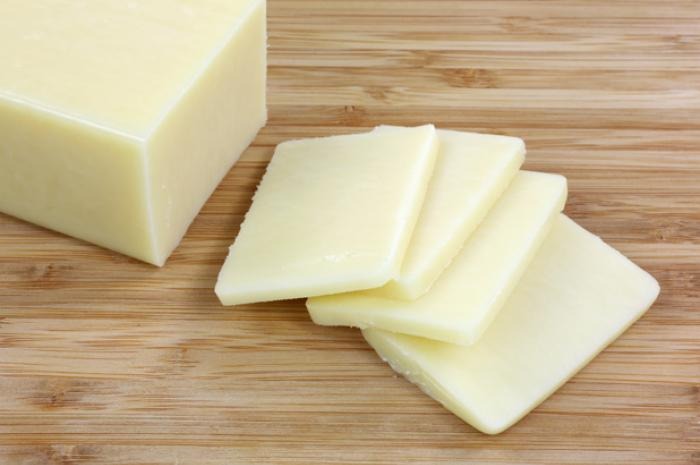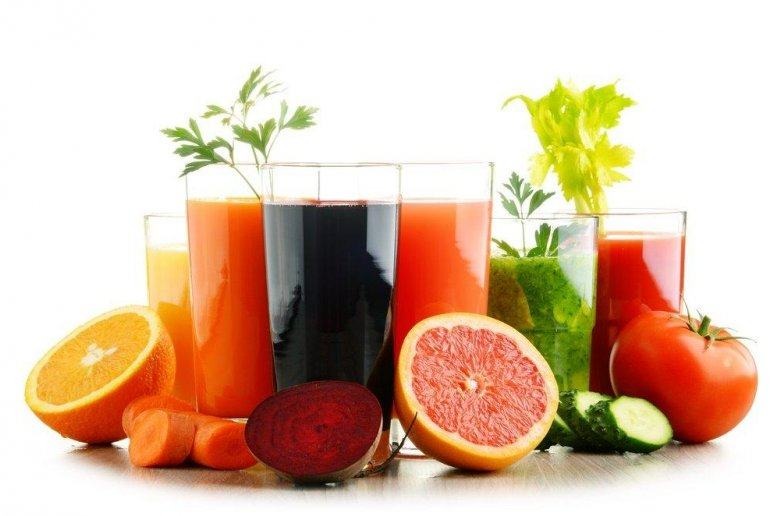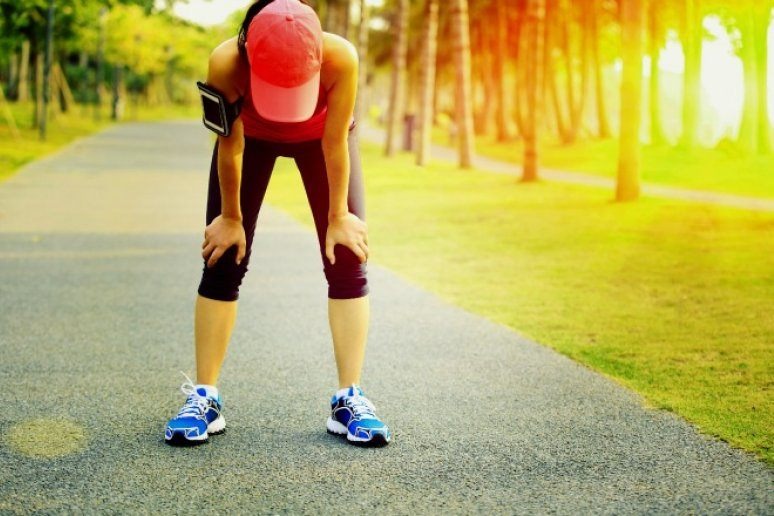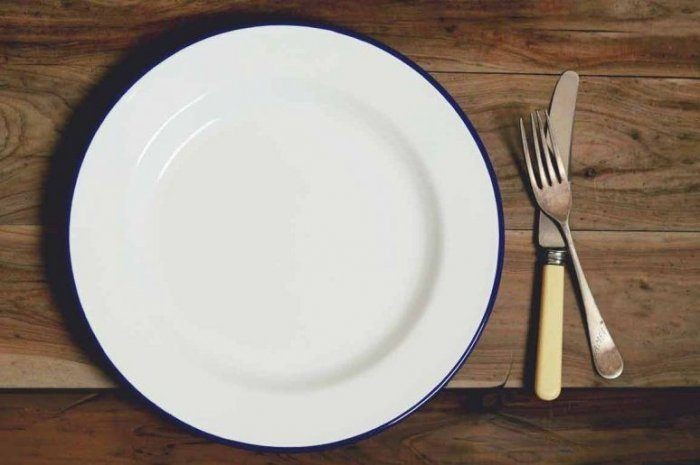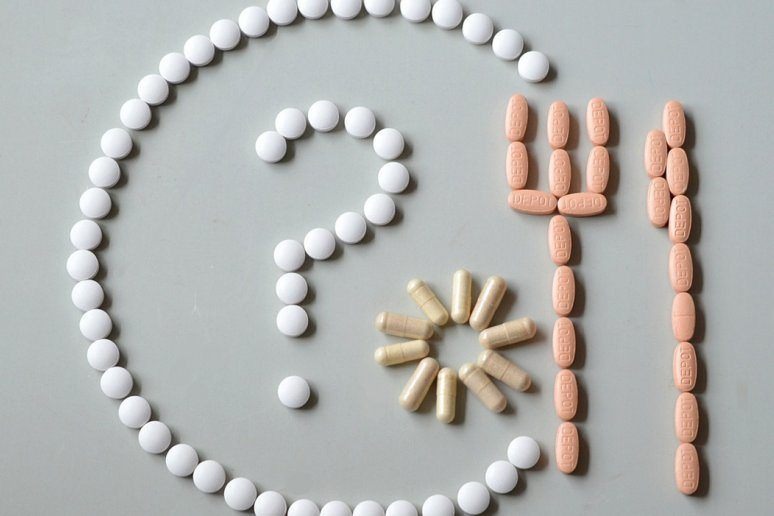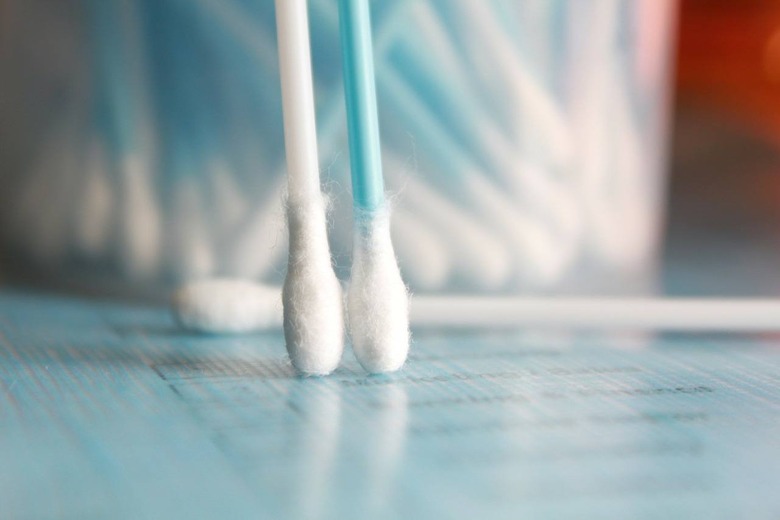The 10 Worst "Healthy" Habits You Have Slideshow
There is little evidence backing up the claim that using antibacterial soaps are more effective at eliminating germs than simply washing your hands with warm, soapy water. Worse, about 75 percent of antibacterial soaps contain the chemical triclosan, a drug that's never been comprehensively evaluated by the Food and Drug Administration. According to the FDA, "some short-term animal studies have shown that exposure of high doses of triclosan is associated with a decrease in the levels of some thryroid hormones," while other studies, "have raised the possibility that exposure to triclosan contributes to making bacteria resistant to antibiotics."
Drinking Diet Soda
Diet soda and zero-calorie soft drinks pretend to be weight-loss-friendly, but a number of studies argue the opposite, suggesting that drinking diet soda may lead to heart problems, increased appetite, and weight gain. Preliminary research also points out artificial sweeteners like aspartame may lead to headaches, anxiety, and insomnia, while sucralose, the main component in Splenda, can have a laxative effect.
Eating Only “Fresh” Foods
For whatever reasons, there is the perception that canned and frozen foods are nutritionally inferior to fresh foods. Foods like canned beans and fish and frozen vegetables are easy to work with, low in calories, and rarely laced with superfluous additives and seasonings, and often have a shelf-life of more than a year. A 10-ounce package of frozen vegetables contains only 166 calories, while a three-ounce can of tuna contains 70 calories and 16-grams of protein, making both healthy and convenient options.
Focusing on “Low-Fat”
For decades, American dietitians, doctors, and nutritionists have singled out "fats" as the source of weight gain and heart disease, but new research shows that a low-fat diet is not the way to go. Though an overconsumption of trans-fats and animal-fats has been linked to increased risk of cardiovascular disease, the mono and poly-unsaturated fats found in oily fish, avocado, and olive oil actually improve heart health by lowering triglyceride, cholesterol, and blood pressure levels, while also fostering brain health. Don't think you're doing your body any favors by eating low-fat foods, especially if those foods come in a package and are covered with sugar.
Going on Juice Cleanses
Little evidence exists supporting the idea that drinking fiber-less fruit and vegetable juice will remove toxins from your body. A juice cleanse can help you temporarily lose weight, but the adverse effects outweigh the benefits. The high amount of sugar paired with a lack of fiber, fat, and protein can pose a problem for people with existing medical conditions like diabetes, osteoporosis, or anemia. The absence of any fiber might also exacerbate digestive issues like constipation and diarrhea.
Only Doing Cardio
Running, biking, swimming, or pick-up basketball burns calories, strengthens the heart and lungs, and improves blood cholesterol and triglyceride levels, but cardio shouldn't be your only form of exercise. Combining cardio with strength and resistance training is preferable; it can accelerate weight loss, but also offers a handful of other benefits such as reduced depression symptoms, lowers risk of diabetes, improves balance, and prevents back pain.
Overrelying on Protein Bars
Protein bars tout their high-protein and low-sugar contents, but this magical ratio is only achieved through the use artificial sweeteners or sugar alcohols which may lead to bloating, abdominal pain, and flatulence. Mainstream protein bars are usually absent of wholesome ingredients, and most rely strictly on soy protein isolate, a vegetarian protein source that is stripped of its other nutrients. For bars that don't use artificial sweeteners, their sugar content can rival that of conventional candy bars.
Skipping Meals
Missing out on meals may seem like an easy way to cut down your calorie intake, but over the long run it's not a sustainable weight-loss solution. Skipping meals, especially breakfast, deprives the body of important nutrients that leads to a day of fatigue, poor concentration, and irritability; it also increases the likelihood of over indulging during other meals. Three nutritionally balanced meals a day is still the ideal way to lose weight.
Taking Too Many Supplements
Although some nutrient deficiencies disproportionately impact certain demographics — such as vitamin D deficiencies in Mexican-American and non-Hispanic black populations or iron deficiencies in pregnant women — the majority of Americans don't need nutritional supplements. The Centers for Disease Control and Prevention published a report that found that fewer than 10 percent of Americans suffer from any form of deficiency for iron, folate, or vitamins A, B6, B12, C, D, or E. Other supplements, like those used for body building and weight loss have also been associated with an increased risk of liver damage. A balanced diet of fruits, vegetables, whole grains, and lean proteins should supply you with a healthy array of nutrients.
Using Q-Tips
The foundation of ear hygiene, Q-Tips have recently come under scrutiny. "Do not insert swab into ear canal," is plastered right on the package of most Q-Tip brands, but despite this warning, we willingly shove them into our ears. Dr. Martin Burton, a professor of otolaryngology at the University of Oxford in England warns that Q-Tips can do more damage than good by irritating the delicate skin of the ear canal, puncturing the ear drum, or introducing bacteria into the ear canal. Burton says that ear wax is anti-bacterial, and isn't really meant to be cleared out.
